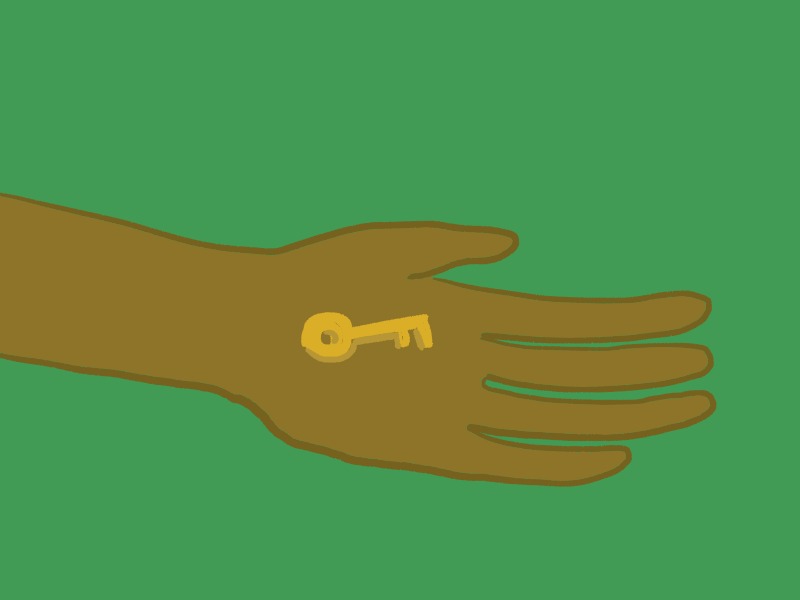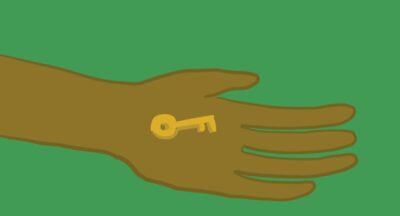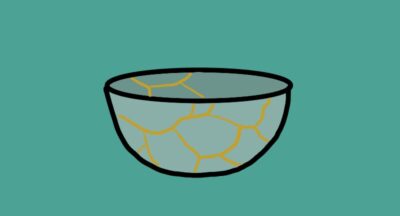
Isolation, Love and Vulnerability…Connecting the dots
What is Loneliness?
Loneliness has been looked at differently by various schools of thoughts. It has been widely studied in philosophy and psychology; understood as “a state of solitude or being alone”, or as “a feeling of disconnectedness or isolation”.
Existential Isolation
The school of existentialism bridges the understanding of loneliness between philosophical and psychological schools. Yalom (1980) writes of existential isolation as “an unbridgeable gulf between oneself and any other being”. He contends that loneliness or existential isolation is an Existential Concern, i.e. a given of life and thereby is inescapable. Another researcher (Pinel, 2017) has understood it as individuals feeling alone in their life experiences, devoid of others who are able to understand their realities.
Nothingness and Maya
Yalom (1980) connects freedom, death, identity and meaning with existential isolation: articulating how a man is born alone and will die alone. He contends that we engage in the process of defamiliarization, in order to deal with the ultimate helplessness of being born in a world devoid of meaning, as we are ‘thrown’ (Heidegger, 1927) into being.
We tend to suppress experiences of isolation, an unwillingness to engage or explore. We may do so because we feel helpless, and thereby construct artificial environments and relationships to help deal with it. Heidegger has called this “uncanny (not at home)” to describe a world that has been created by mankind where it does not feel at home, i.e. an illusory environment- “Maya”. What guides humans to engage in this paradoxical exercise of free will is the fear of nothingness. As Heidegger said “Of what is man afraid? Of nothing!”
This experience of isolation is aggravated when we do not feel understood, or feel we are alone in our experience of isolation.
Love as a companion
Erich Fromm (1956) understands that aloneness causes anxiety, and how human action(s) is directed at alleviation of the anxiety we experience because of our isolated states. We strive to achieve this through love, but we are so fraught with Maya (we create artificial relationships with the illusion of intimacy) in love, that it takes us away from authentic intimacy. Simply put, Fromm states that our fear and anxiety of being alone dominates our actions aimed at achieving intimacy, and the anxiety is so dormant that we take solace in the illusion of love (Maya) than actual love itself, because the latter requires more effort and patience. For instance, we may engage in short-lived relationships devoid of commitment as real intimacy may seem daunting.
For Fromm, love is not in the material, but within ourselves. Authentic love lies in the act of giving, that of joy, interest, knowledge, understanding and sadness.Love is not about falling for but about standing in. The capitalistic structure that we live in, not only takes us farther away from self and intimate connections, but also creates a environment where individuals are more concerned with being loved rather than loving.He also warns us on how we deceive ourselves to think of certain relationships as intimate but they are peripheral and do not touch an individual’s core; for instance, symbiotic love is where individuals are enmeshed without respect for each other’s integrity, and individuals may not know ‘why’ they are together.
According to him, the economic system of capitalism influences our unconscious mind, our relationship with parents and God, who and how we love. This makes us feel unanchored and alone, alongside the debilitating uncertainty that existence befalls upon us, which ultimately leads to us forming shallow connections- this gives us a sense of control, vis-à-vis certainty.
Vulnerability as a facilitator
So if
- Existential isolation is inescapable;
- Authentic connection and intimacy can reduce the intensity of pain and helplessness in a meaningless world;
- But the broader capitalist structure ensures we engage in illusory and peripheral choices;
Then how do we bridge the gap between isolation and intimacy?
The answer lies in vulnerability. It is understood as “the core of all emotions and feelings” (Brown, 2012). What we are more afraid of is not the other (someone else) but the self (ourselves). A lack of vulnerability and authentic connection is not only reflective of one’s relationship with others but also of one’s relationship with one’s own self. Vulnerability as courage weighs in, is the facilitator in the oscillation between existential isolation and intimacy.
Vulnerability is a process
When we enhance vulnerability with ourselves, we begin to recognize the illusory and shallow connections we have made, and begin to accept this inescapable loneliness.
It is a process, and a difficult one- it begins with vulnerability with ourselves. It is when we dare to choose to see the real, and what has been missing, can we strive to come out of this Maya. To reiterate, disillusionment is a lengthy process, and looks different for all us, and it is in this process that we may begin to see subtle yet significant changes that take us closer to a more authentic, meaningful life.
Recognition and acceptance does not warrant freedom from existential isolation, rather it is in the acceptance of this state of being in which we can experience freedom. Vulnerability gives us the power to choose to feel connected, where genuineness and authenticity liberates us.
References
Brown, B. (2012). Daring Greatly. Penguin Life.
Fromm, E. (1989). The art of loving. New York: Perennial Library.
Heidegger, M. (1927). Being and Time. Taylor and Francis Ltd.
Pinel, E. C., Long, A. E., Murdoch, E., & Helm, P. (2017). A prisoner of one’s own mind: Identifying and understanding existential isolation. Personality and Individual Differences, 105, 54–63.
Yalom, I. (1980). Existential Isolation. Existential Psychotherapy (pp.353-346). United States of America: Basic Books.
Related Posts
Isolation, Love and Vulnerability…Connecting the dots
What is Loneliness? Loneliness has been looked at differently by various...
Kintsugi: A metaphor for Post-traumatic growth in today’s turbulent times
"There is a crack in everything, that’s how the light gets in".- Leonard...

